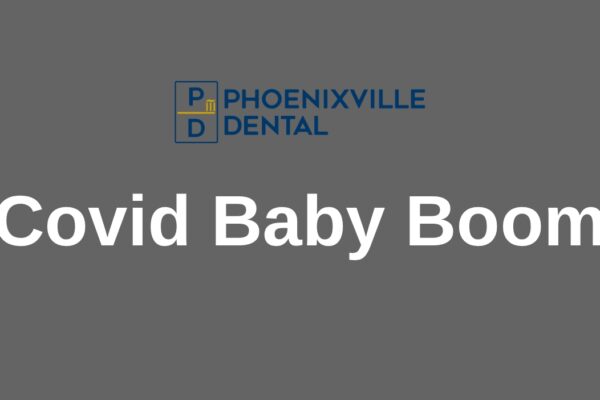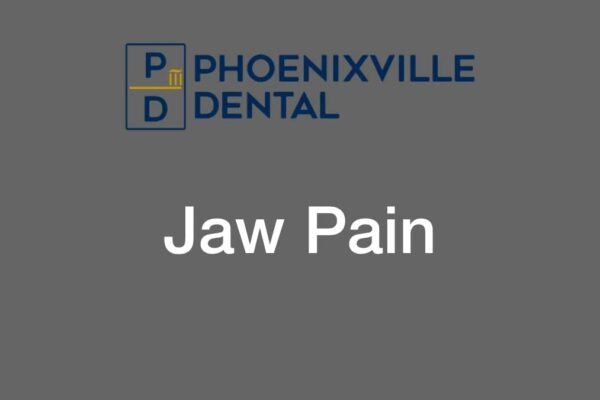Blog
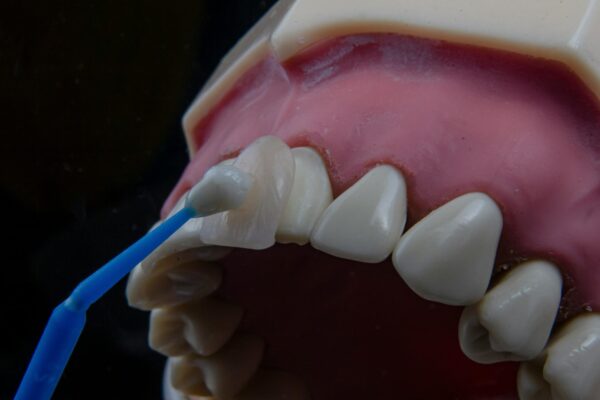
When it comes to cosmetic dentistry in Phoenixville, two options often come up in the conversation: dental bonding vs veneers. Both can improve how your teeth look, but they work...
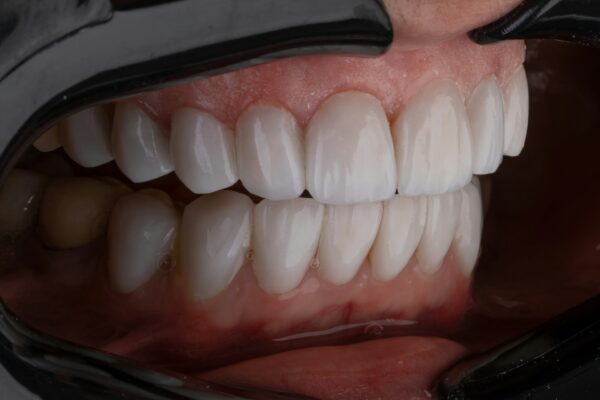
Tooth enamel repair is one of the most searched dental concerns today—and for good reason. Your enamel plays a major role in protecting your teeth from decay, sensitivity, and long-term...

Oral health plays a bigger role in your overall well-being than most people realize. It’s not just about keeping your teeth clean or avoiding cavities. Research has shown a strong...
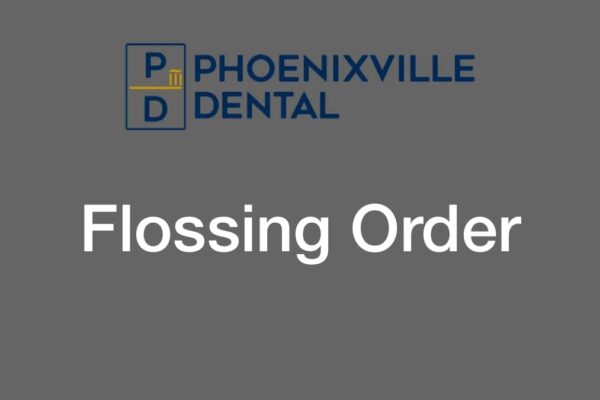
Hi! It’s Dr. Wollach from Phoenixville Dental. Next time you’re at home brushing your teeth, I want you to change your home care routine just a little bit. So first...

Hi, it’s Dr. Wollach from Phoenixville Dental. This is just a friendly reminder to not forget to bring your kids in for at least their annual exam just so that...

Hi, it’s Dr. Wollach from Phoenixville Dental. I wanted to remind everyone that most dental insurance benefits will refresh come January 1st. So if you haven’t gotten your work done...

Hi, it’s Dr. Wollach from Phoenixville Dental. If you’re like millions of Americans who are fearful of the dentist I want to help alleviate those concerns. We want to make...
